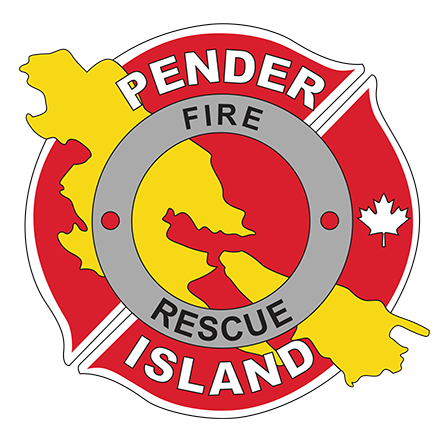

In EXTREME fire risk conditions fires will start very easily and spread very quickly. During these conditions it is simply too risky to take unnecessary chances.
When the fire risk is at EXTREME activities that require the use of gas powered equipment should be completed before 1 p.m. each day. If you need to work with these tools use them in the mornings when the relative humidity and fuel moisture is highest and temperatures are cooler. You should stay on site and watch the area for smoke for two hours after you finish your work. Use of a gas powered Chain Saw is excluded from Residential and Home Maintenance work and should cease during EXTREME Fire Conditions.
Please contact the Fire Hall if you have any further questions.
When the fire risk is HIGH activities that require the use of gas powered equipment should be completed before 1 p.m. each day. If you need to work with these tools use them in the mornings when the relative humidity and fuel moisture is highest and temperatures are cooler. You should stay on site and watch the area for smoke for two hours after you finish your work.
The reason for 1 p.m. is simple: If a fire does start there is a much higher chance that it can be contained before dark if it is reported early in the day.
After three consecutive days of "Moderate" fire threat, maintain a fire watcher after work for a minimum of one hour. Continue this until after the fire danger threat falls to "Low".
Pender Island Fire Rescue
4423 Bedwell Harbour Road
Pender Island, BC V0N 2M1
Canada
Phone: 250-629-3321
Email: administration@penderfire.ca
© Pender Island Fire Rescue 2024
Website design, programming and home page photo by Sergei Petrov